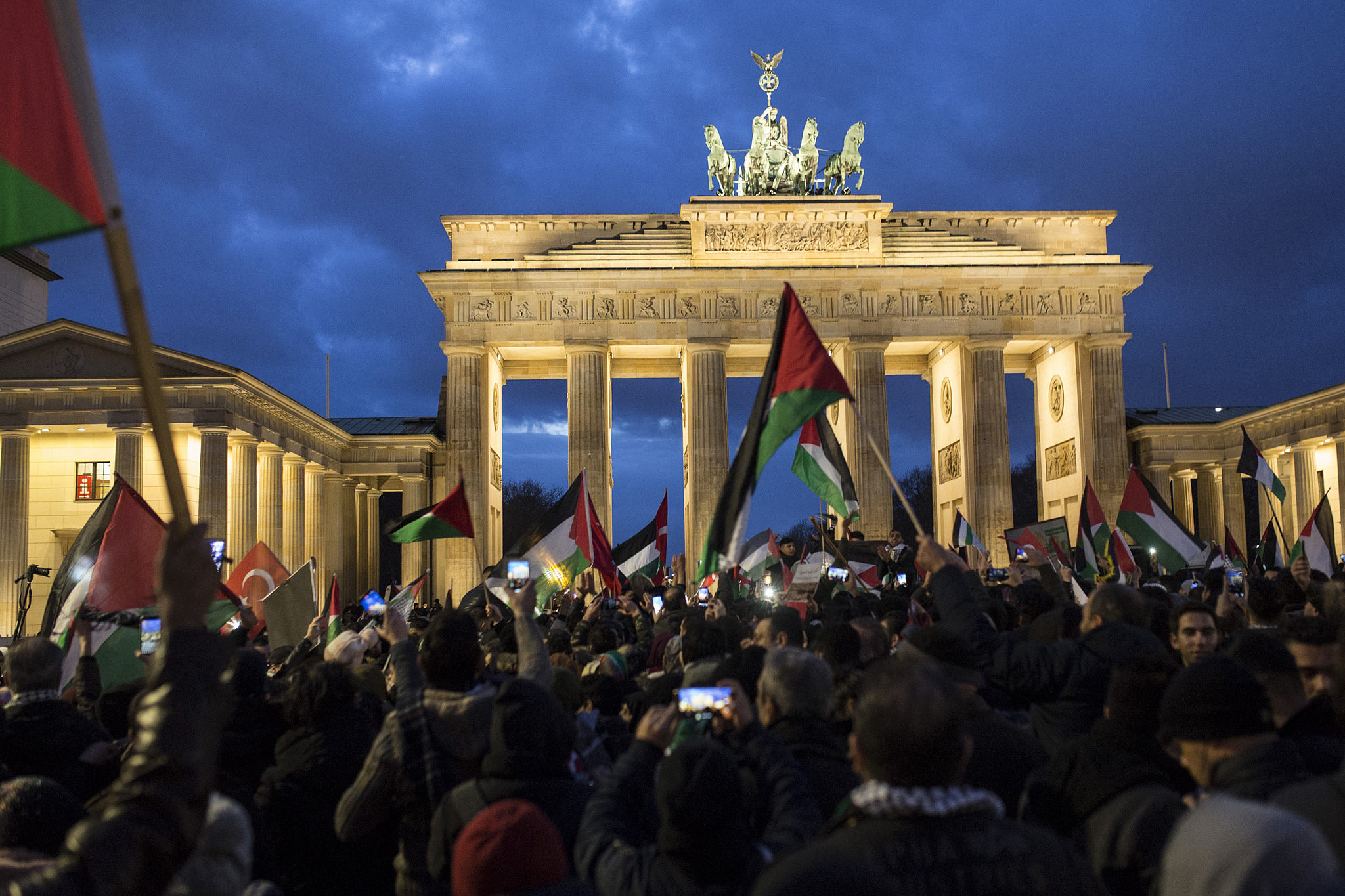The Diplomatic Tightrope
Germany’s position on the Israeli-Gaza conflict is intricately tied to its historical responsibility stemming from the Holocaust. Amid rising tensions and the recent Gaza conflict, German Chancellor Olaf Scholz emphasized Israel’s right to defend itself, reflecting Germany’s steadfast support for Israel as part of its post-World War II ethos. This stance, however, is tested as international figures like Turkish President Recep Tayyip Erdogan openly criticize Israel’s actions in Gaza, calling Israel a “terror state” and accusing Western allies like Germany of supporting military operations there.
Turkey’s Opposition and Germany’s Conundrum
Erdogan’s harsh critique of Israel during his visit to Germany exemplifies the complex interplay between historical guilt and contemporary geopolitics. He has condemned the Israeli assaults, stating that the support from the West is unequivocal. His visit highlighted the difficulty Germany faces in balancing its historical guilt with its role as a mediator and ally within the current geopolitical landscape.
The Humanitarian Perspective
The casualties reported in Gaza have escalated the debate, with claims of over 12,000 Palestinian deaths, including 5,000 children, since the conflict’s resurgence. Such figures inevitably influence the diplomatic discourse and place additional pressure on countries like Germany to reconcile their foreign policy with humanitarian concerns.
Germany’s Internal Dynamics and External Relations
Germany has maintained its critical stance towards Erdogan’s domestic policies while acknowledging the necessity of diplomatic engagement with Turkey. This complex relationship is further convoluted by economic ties, with a considerable Turkish diaspora in Germany, many of whom support Erdogan. These internal and external dynamics shape Germany’s diplomatic strategies and its stance on international conflicts like the one in Gaza.
The Broader Implications for European Diplomacy
The discussions between Erdogan and Scholz extend beyond the Israeli-Gaza conflict, touching upon broader issues like the Russia-Ukraine grain deal and the EU-Turkey migration pact. These discussions underscore the intricate nature of international relations where historical guilt, domestic interests, and foreign policy objectives must be navigated carefully to maintain diplomatic balance and progress.
